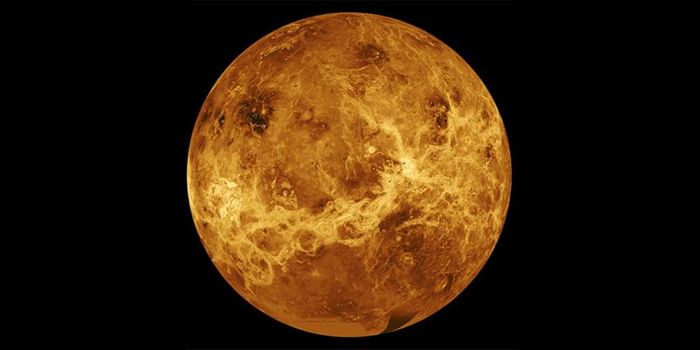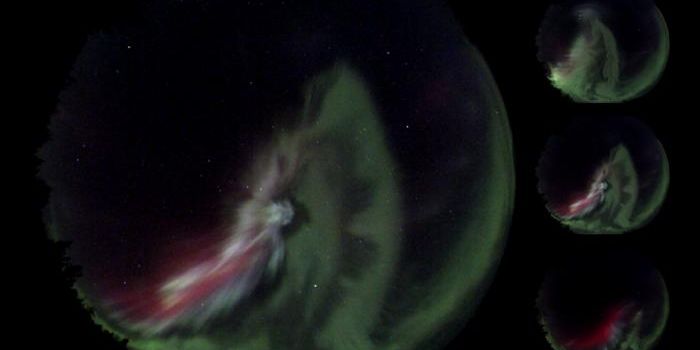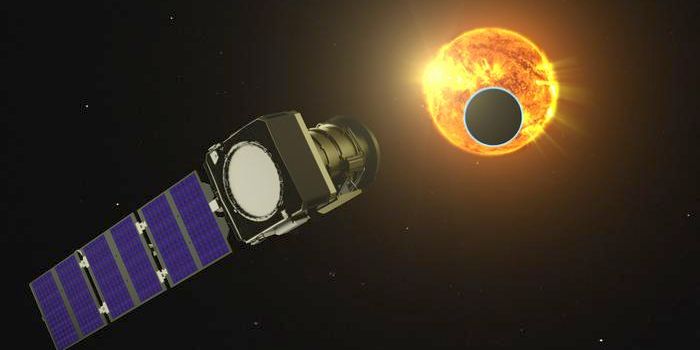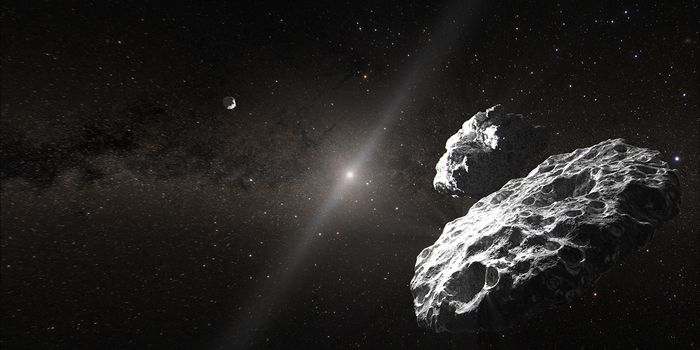Kepler Space Telescope Enters Low Power Mode
The fuel reserves on NASA’s Kepler Space Telescope are running dangerously low, and the space agency is now preparing to download as much of Kepler’s stored scientific data as it can.
Image Credit: NASA
NASA expects to start the data downlink process at the beginning of August, but they’ll need to command Kepler to turn its communications antenna toward Earth before that can happen. This maneuver will use more of the spacecraft’s lingering fuel supply, but it shouldn’t use it all.
Until then, Kepler will remain in a low power mode-like hibernation state so that it doesn’t use waste its remaining fuel supply. In other words, the Kepler Space Telescope is basically sitting in orbit around the Earth and doing nothing until NASA finds the time to fiddle with it.
After NASA secures Kepler’s latest batch of scientific data, the space agency wants to send Kepler on its 19th (and final) observation campaign to study distant exoplanetary systems. This campaign will most likely drain Kepler’s fuel reserve within the next few months, but it should also yield more scientific data at the same time.
Related: NASA's Kepler Space Telescope grabbed this image of the TRAPPIST-1 system
Worthy of note, the Kepler Space Telescope doesn’t have a gas gauge as a car would. Instead, NASA engineers closely monitor several factors such as fuel tank pressure and thruster performance to estimate the amount of remaining fuel.
As NASA works on tracking Kepler’s fuel situation, astronomers from all around the world continue to analyze data collected by the spacecraft during previous observations with the hope that we might learn more about the distant worlds residing outside of our solar system.
But while the end of the Kepler mission is rapidly approaching, that’s no reason to fret. The Transiting Exoplanet Survey Satellite (TESS) now resides in outer space and will soon continue exoplanetary research where Kepler leaves off.
Source: NASA









